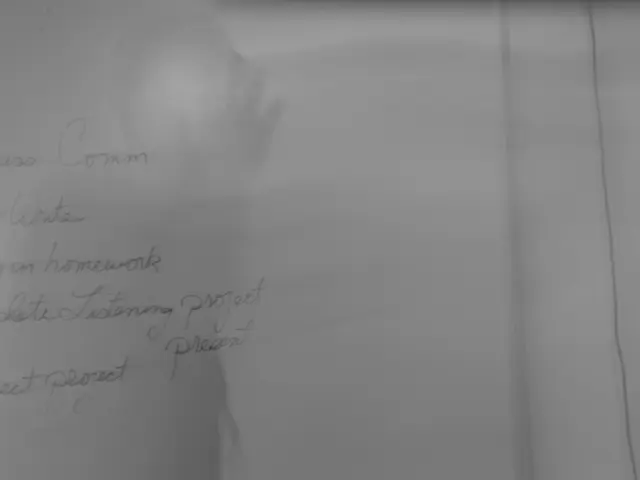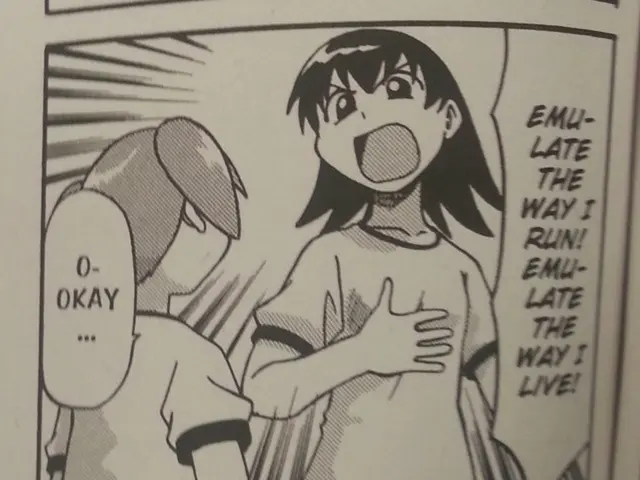Two New Books Illuminate Migrant Self-Organization in Europe
Two new books delve into the history and significance of migrant self-organization in Europe. 'Migration, Social Movements, and Self-Organization', edited by Eléna Druilhe and Romain Fathi, explores the topic in West Germany since the 1960s. Meanwhile, 'Migrant Workers' Struggles and Union Activism', edited by Simon Goeke and Caner Tekin, provides a comprehensive overview.
Druilhe and Fathi's book, published by Palgrave Macmillan, highlights the diversity of the research field and the need for further investigation. It traces the historical development of migrant self-organization in West Germany, from early workplace activism to expanded networks driven by family reunification in the 1970s. The struggle for influence within union structures remained ongoing.
Goeke and Tekin's book, published by Böhlau Verlag, presents ten essays, eight focused on West Germany, one on Belgium, and another on East Germany post-1989. The editors, recognized experts in the field, aim to refine key concepts like self-organization through concrete case analyses. The book also covers migrant workers' organizing within unions, participation in strikes, and election rights since the 1950s.
Both books offer valuable insights into migrant self-organization, contributing to the understanding of migrant struggles and union activism. They serve as important resources for further research and discussion in the field.
Read also:
- American teenagers taking up farming roles previously filled by immigrants, a concept revisited from 1965's labor market shift.
- Weekly affairs in the German Federal Parliament (Bundestag)
- Landslide claims seven lives, injures six individuals while they work to restore a water channel in the northern region of Pakistan
- Escalating conflict in Sudan has prompted the United Nations to announce a critical gender crisis, highlighting the disproportionate impact of the ongoing violence on women and girls.




